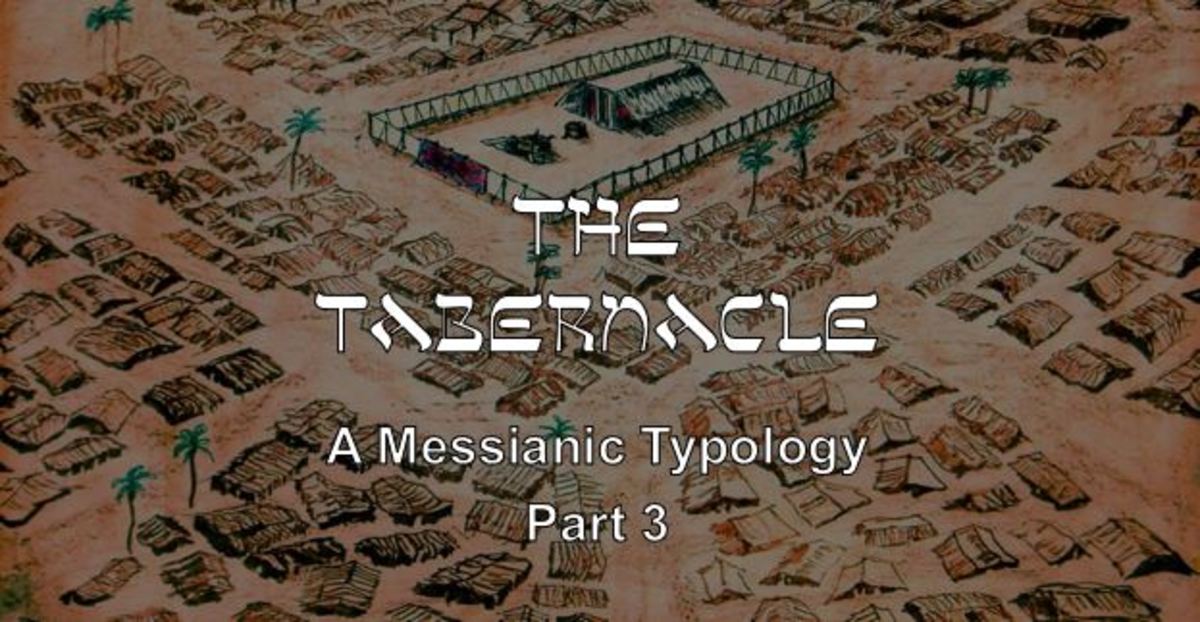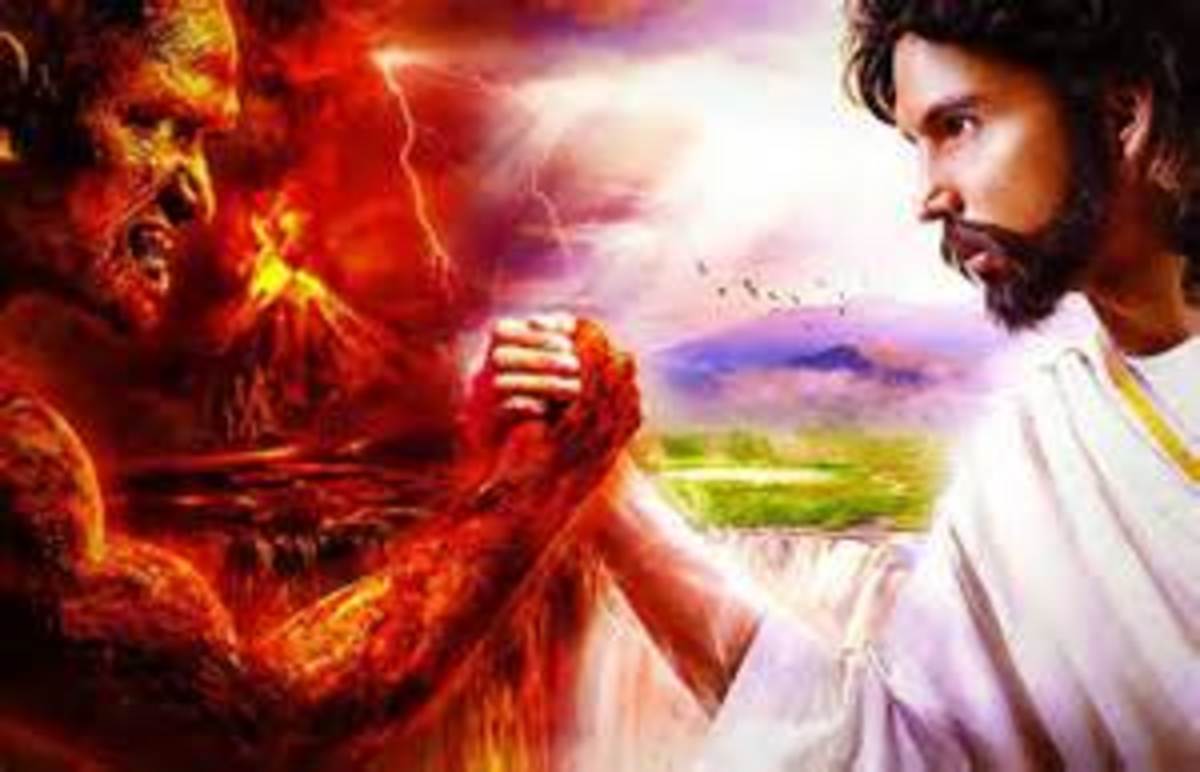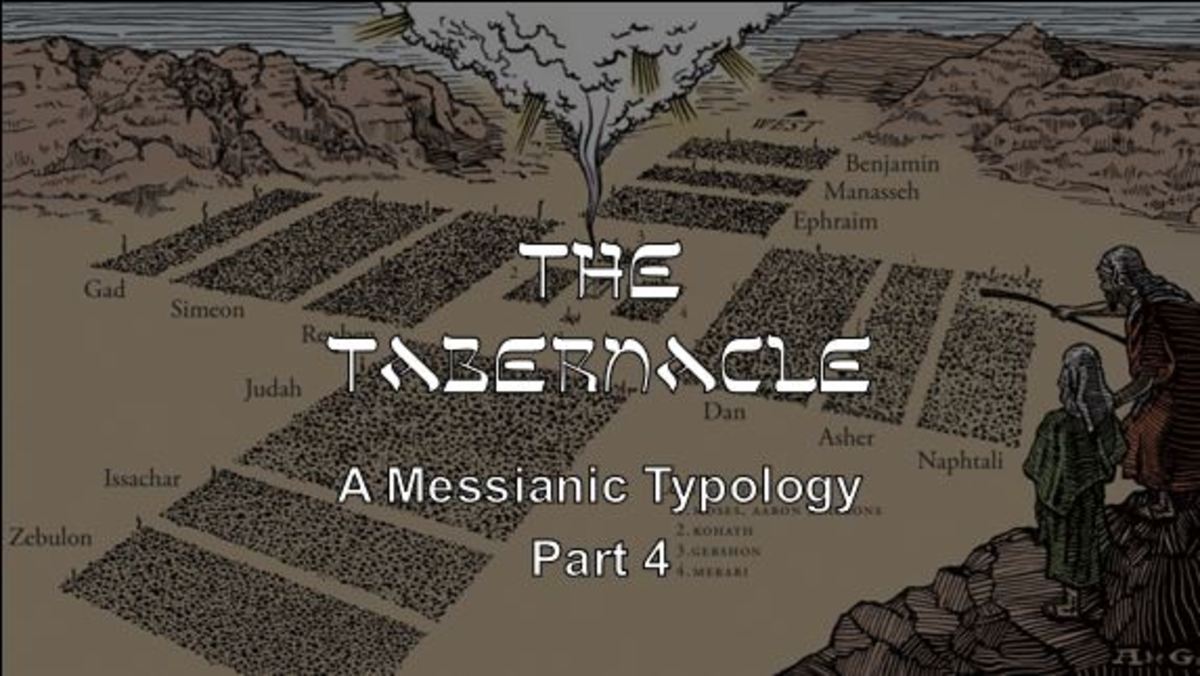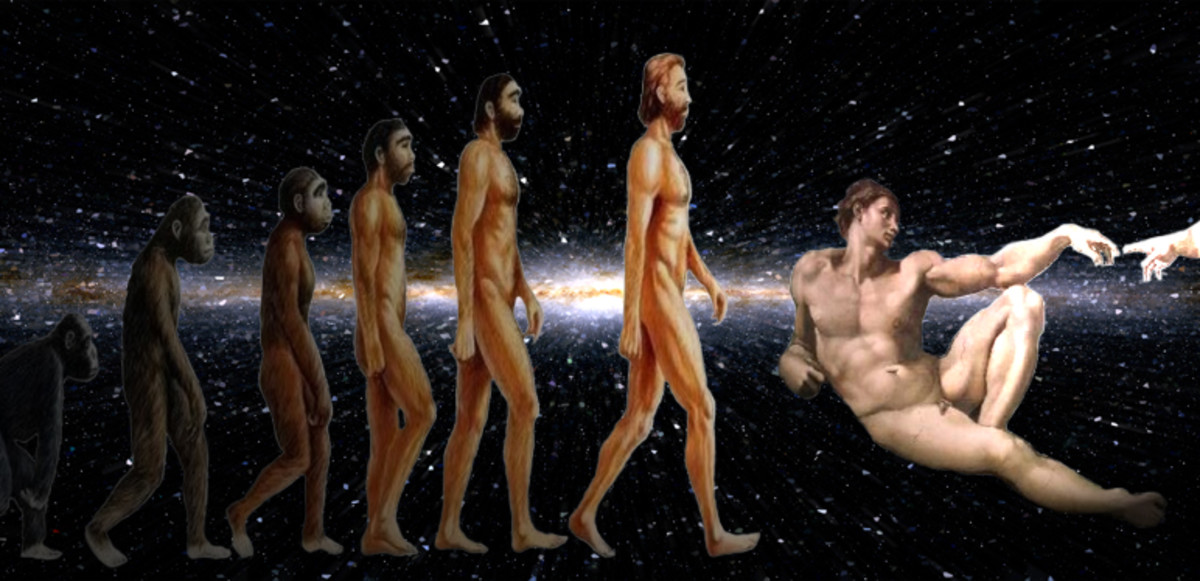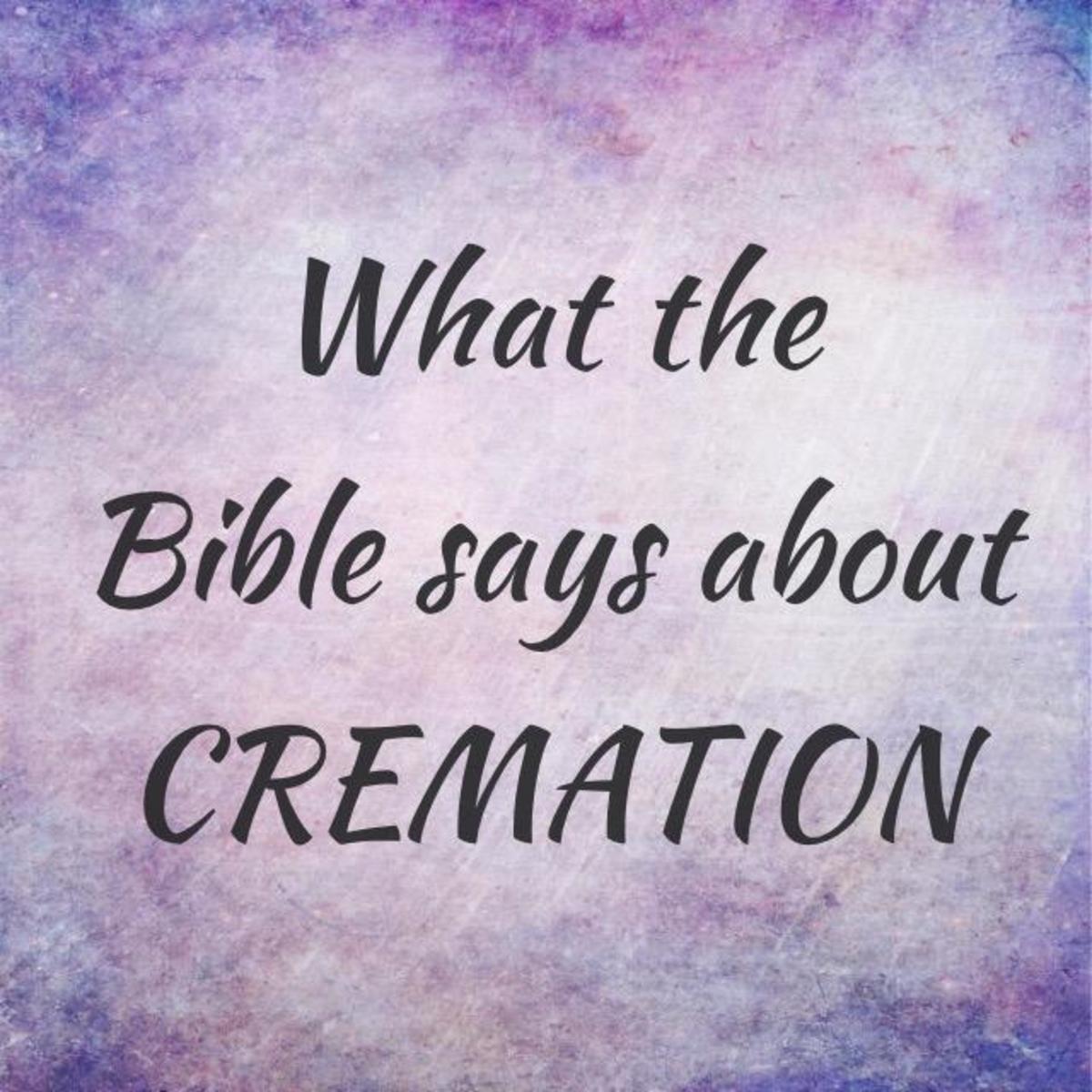Bible: What Does Deuteronomy 29-31 Teach Us About the Palestinian Covenant?
Moses
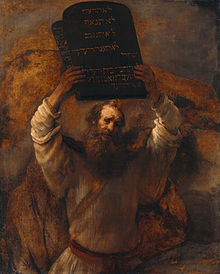
Palestinian Covenant
This chapter’s preface introduces the so-called Palestinian covenant.
Made with Israel in Moab, it is a different arrangement from the one made on Sinai (v. 1).
As Moses begins his historical recapitulation, he draws a distinction between physical sight of an event (in this case, the Exodus) and spiritual comprehension of that event.
Israel has the former, but not the latter, because the LORD did not grant them a “heart,” “eyes,” and “ears” (vv. 2-4).
God has used Moses to lead them and miraculously provide for them for forty years in the wilderness (vv. 5-6).
[Verse six hints at the dual authorship of the Scriptures].
Israel has also dispossessed Sihon and Og, and given their land to Reuben, Gad, and the half-tribe of Manasseh (vv. 7-8).
These wonderful realities should encourage Israel to obey God’s word so that they may continue to prosper (v. 9).
Everyone attending this assembly—from the loftiest leader, to the youngest child, to the lowliest stranger—enters into this covenant with God that He may make them His people, and He may be their God in fulfillment of His promise to the patriarchs (vv. 10-13).
Moses makes this covenant and oath with three entities:
(1) the present generation of Israelites (v. 14);
(2) an unspecified “him” who stands with them (v. 15a); and
(3) an unspecified “him” who is not present with them on that day (v. 15b).
[Verses sixteen and seventeen comprise a parenthetical aside, and may intimate who the unspecified individuals are.
The writer cannot identify them precisely.
What connection exists between someone who dwelt in Egypt and the Palestinian covenant?
Joseph asked that Israel carry his bones to the Land (cf. Gen. 50:25)].
He makes it with them so that none among them would apostatize and serve other gods, become bitter, or become stubborn in his imagination and follow the dictates of his heart (vv. 18-19).
With unparalleled severity, Moses condemns this “man,” asserting that
(1) God’s anger and jealousy would burn against him;
(2) every curse in the book would settle on him;
(3) the LORD would blot out his name (v. 20);
(4) He would separate him from the tribes to wreak adversity upon him (v. 21);
(5) future Israelites and foreigners would remark upon the utter destruction of his land (vv. 22-23);
(6) the nations would wonder why God has decimated it (v. 24).
In response to this latter question, an unspecified “people” conclude that Yahweh brought the curse on them, uprooted them, and sent them into exile because they forsook the Mosaic covenant (vv. 25-28).
Verse twenty-nine summarizes this part of the discourse, stating that Israel’s part is to obey what God has revealed to them and not delve into the “secret” things—truths about God, existence, etc.—that He has chosen not to reveal to humanity (v. 29).
The Palestinian Covenant
view quiz statisticsCraigie's Commentary on Deuteronomy
Deuteronomy 30
Moses speaks of the blessings and cursings as prophetic certainties (“When all these things come upon you”) [v. 1].
He indicates that Israelites (Jews) will allow this truth to return to their heart while they are in worldwide (?) dispersion; this word will also bring about their repentance and wholehearted obedience to the Law (v. 2).
Yahweh, in His covenant faithfulness, will bring the Jews back to the Land, no matter how far away they are, and they will possess it again and prosper as never before (vv. 3-5).
Not only will God restore them physically to their Land, He will also cause them to love Him through “spiritual circumcision” (v. 6; cf. Jer. 32:39 and Rom. 2: 28-29).
In addition, He will afflict Israel’s enemies with the curses (v. 7). God’s people will obey His commandments, and the LORD will once again bless them abundantly if they do right (vv. 8-10).
The conditional nature of the blessing—Israel must obey and turn—remains intact, yet their obedience is contingent upon God’s bringing them back to Himself first.
Moses points out that Israel need not travel to heaven or beyond the sea to hear and obey God’s word, for it is in their heart and mouth (vv. 11-14; cf. Rom. 10:8).
The people have a choice: obey, and they will live, grow, and be blessed; disobey, and they will die in their sin quickly (vv. 15-18).
He calls heaven and earth as witnesses to Israel’s decision, and exhorts the people to choose life that they may sustain their love relationship with Yahweh and live long in the Land He promised them (vv. 19-20).
"This Law"
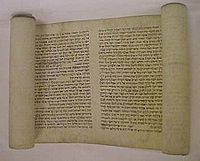
The LORD's "Chosen City"
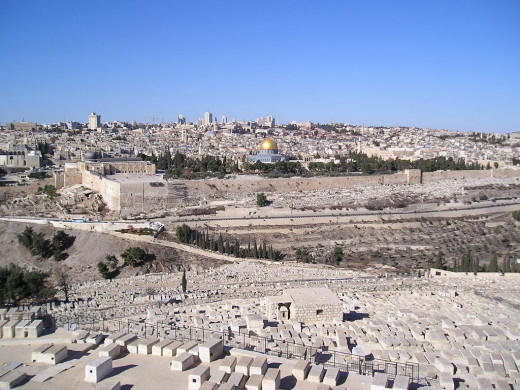
Place of the Public Reading of the Law
view quiz statisticsDeuteronomy 31
On his last birthday, the one hundred twentieth, Moses, addressing all Israel, confesses his physical inability to carry on his duties; he knows that his death approached (vv. 1-2; but cf. 34:7).
In a sense, he rejoices; he knows God goes with them, Joshua will lead them in victory over the nations with the LORD’s strength, and they will obey his word regarding these people (vv. 3-5).
After exhorting Israel en masse, Moses personally encourages his successor, using nearly the same words: “Be strong and of good courage; for the LORD goes with you.
He will not leave you or forsake you; do not fear of them” (vv. 6-8; cf. Josh. 1:5-7, 9, 18). Verse nine asserts the Mosaic authorship of “this law.”
[What are the parameters of “this law”?]
After giving the law to the priests and the elders, Moses commands these leaders to read it to the people at a very specific place (namely, the LORD’s "chosen city") and at a certain time (after the end of every seven years during the Feast of Tabernacles) [vv. 9b-11].
They should exclude no one from hearing God’s word; everyone (especially first-time hearers) should learn to fear Yahweh and obey His instruction (vv. 12-13).
The LORD speaks intimately with Moses about the prophet’s impending death, and then commands him to bring Joshua to his commissioning service (v. 14).
Both men go to the tent of meeting where Yahweh appears to them in a pillar of cloud (v. 15).
Addressing Moses, God foretells for him what he probably already surmised would happen after he departed to “rest with his fathers”: Israel will apostatize, and Yahweh will break His covenant with them (v. 16).
The LORD reveals that He will “hide His face” from them—He employs this figure twice—because they will turn from Him to other gods (vv. 17-18).
Israel will blame their troubles not on their own rebellion, but on the LORD’s unfaithfulness to abide with them (v. 17b).
God commands Moses to “write down this song”—this clause suggests that it is Yahweh’s song, not Moses’—and teach it as a witness for Him against Israel (v. 19).
Complacency (taking God’s blessings for granted) will breed apostasy (v. 20); Yahweh’s song will bear witness against them when their unfaithfulness turns into “evils and troubles” (v. 21).
Moses obeys the LORD’s word to write and teach the song (v. 22), and then commissions Joshua with familiar words (v. 23).
Handing the “Book of the Law” to the Levites, he commands them to put it beside the ark as a witness against Israel’s future, stiff-necked rebellion (vv. 24-26).
Gathering together the elders and officers, Moses prepares their hearts for a prophetic message that they were loath to hear (vv. 27-30).
© 2013 glynch1



